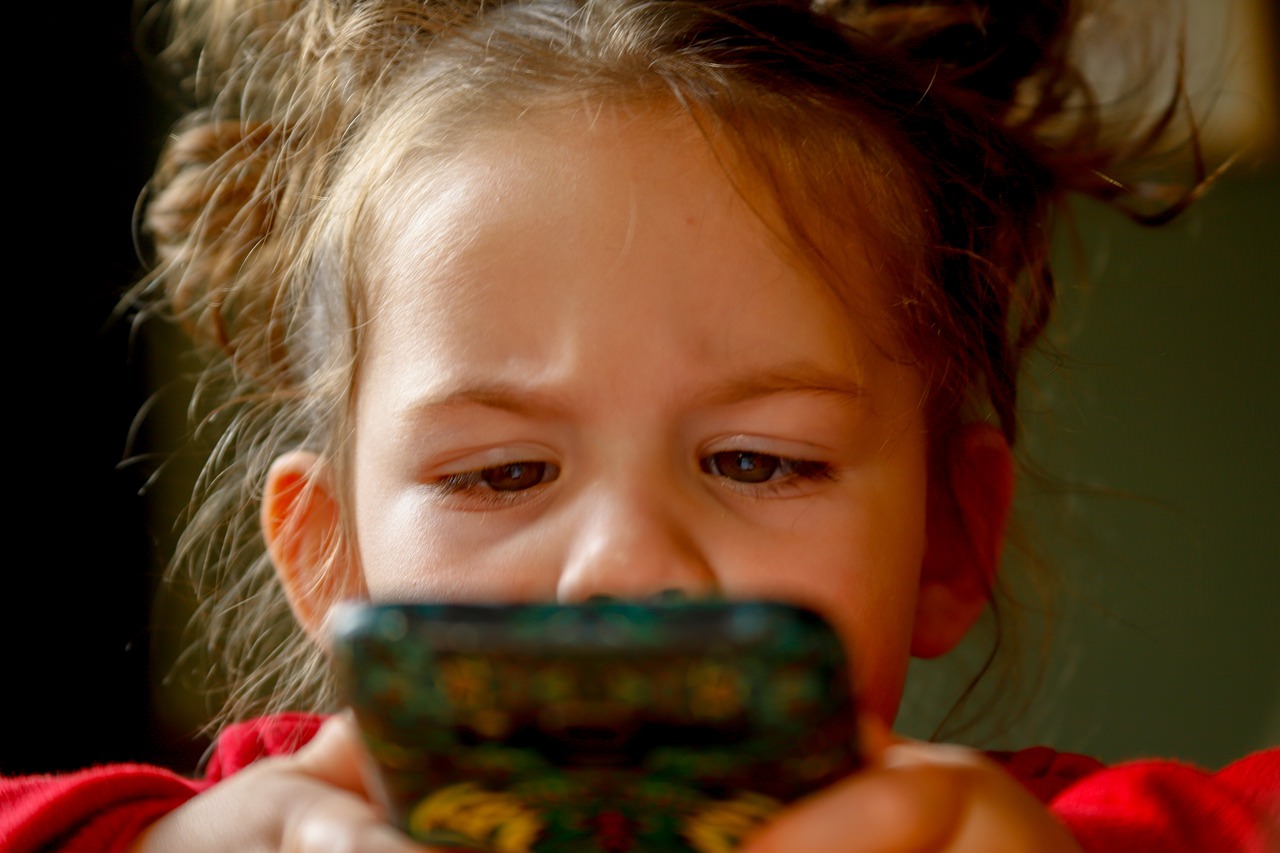As parents, we know how social media has become an integral part of our lives and when it comes to children hitting a certain age, where they are now going on social media, there can be a big sense of dread. Nurturing a healthy relationship between our kids and social media is essential because while social media can, in some ways, improve their social skills, there is the potential for social media to consume their lives or skew their perceptions of the world. This is why we need to teach our kids about social media properly. How can we do this?
Begin with Open Communication
This is the foundation of every subject matter that we need to engage our children in. We should create a safe space where our children feel comfortable, and if they’ve started using social media and it’s become a world full of opportunities and possibilities, we should encourage them to speak about their interactions, as well as the challenges they may be facing. As parents, we can feel that temptation to check what they’re doing and to whom they’re interacting with. While we can hire a hacker who provides ethical hacking, we also need to ensure that our children feel comfortable talking about their social media use.
Educate Them on Online Etiquette
One of the toughest things about parents of a certain age using social media is that they’d already done their growing up before all of this came along. Our children don’t have the same awareness as we do, and therefore, we should emphasise the significance of things like privacy settings, thinking twice about sharing personal information, as well as understanding that online content is permanent. Our children can easily become influenced by friends online or in the real world who post certain types of content, and our children need to understand the consequences of posting things that are harmful or inappropriate.
Establish Age-Appropriate Boundaries
Age appropriateness is critical based on our children’s level of maturity and understanding. There will come a time when someone in your child’s class is boasting they have a TikTok account, but you may think that at the age of 8 or 9, this is way too young. We should tailor our approach to set boundaries based on our child’s age, but also their level of maturity. This goes back to ensuring they understand the consequences of going online. If necessary, we should restrict access to certain platforms and slowly increase their responsibility. This means we must monitor their online activities but do it delicately so that we don’t have an impact on their sense of privacy. We should be aware of the platforms they use, the types of content they engage with, as well as the people they can interact with online. It can be very easy to become an online helicopter parent, but we should also provide guidance, rather than blanket rules that make them feel they cannot do anything.
Lead by Example
We have to remember that children will always imitate our behaviours. Therefore, we need to demonstrate responsible social media use. Our children can feel like they’re missing out on something if we stick our faces in our phones all of the time. If you are a parent that’s conscious of a big wide world of danger on the internet, then you have to demonstrate responsible social media usage by showing your child that you are only engaging in positive online interactions and, more importantly, having a healthy balance between what is online and offline will avoid pitfalls. Our children need to understand that going online requires a certain level of resilience and protection. If we don’t have strict privacy settings and we’ve spent our child’s lives up to this point putting pictures of them online, then we’ve got to make a few important changes because what we do is going to send a very strong signal to our kids and will influence their online behaviour.
Encourage Critical Thinking
We need to remember that our children should have the ability to identify what is a valid source of information online. There is so much misinformation on the internet that we could all easily read something and believe it to be true. This is why teaching our children critical thinking and discussing the importance of recognising misinformation, verifying sources, and being mindful of the potential impact of reposting certain types of content is essential. It’s also something that we need to remember as well, as so many people can share damaging information in the belief that it is true.
Teaching our children about social media covers so many different approaches but it’s something that we need to start as soon as possible.
